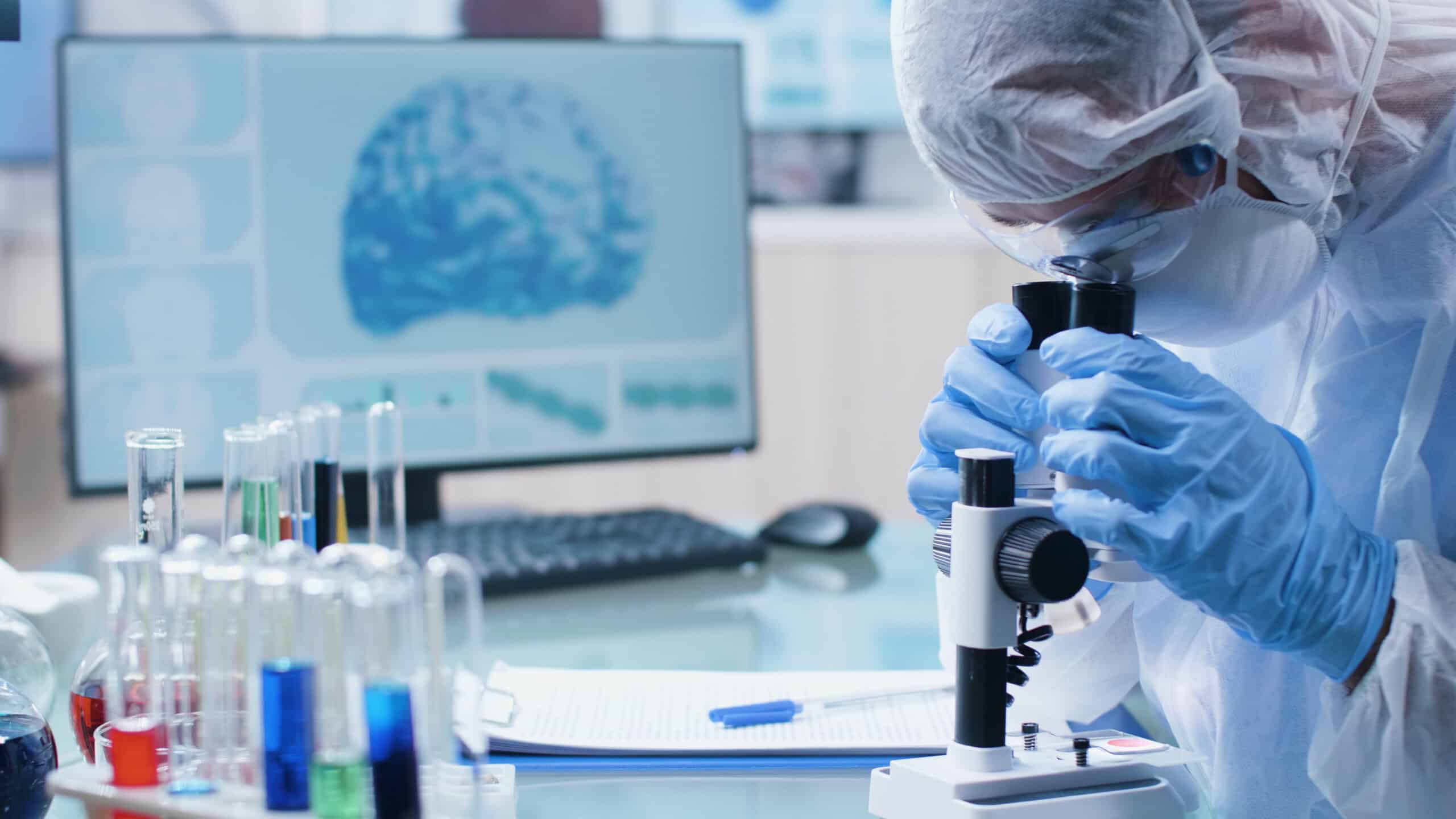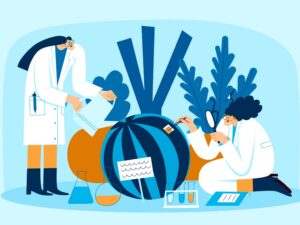Biochemistry
- Description
- Curriculum
- Reviews

Course Overview:
The Medical Biochemistry course explores the chemical principles that underlie the structure and function of living cells. It bridges biology and chemistry to explain how molecular interactions sustain life processes. Designed for students in medicine, nursing, and allied health sciences, this course provides a strong foundation for understanding metabolism, enzymatic reactions, genetic expression, and the biochemical basis of disease.
With detailed lectures, visual explanations, and clinical correlations, learners will develop the ability to connect molecular mechanisms with physiological and pathological conditions.
Key Topics Covered:
-
Introduction to Biochemistry and Biomolecules
-
Structure and Function of Carbohydrates, Proteins, and Lipids
-
Enzymes: Classification, Kinetics, and Regulation
-
Bioenergetics and Biological Oxidation
-
Carbohydrate Metabolism (Glycolysis, TCA Cycle, Gluconeogenesis, etc.)
-
Lipid Metabolism and Energy Production
-
Protein and Amino Acid Metabolism
-
Nucleic Acids: Structure, Replication, Transcription, and Translation
-
Molecular Biology and Genetic Code
-
Vitamins and Coenzymes
-
Hormonal Regulation of Metabolism
-
Clinical Biochemistry: Liver, Kidney, and Endocrine Function Tests
-
Inborn Errors of Metabolism
Learning Outcomes:
By the end of this course, students will be able to:
-
Understand the molecular structure and function of key biomolecules.
-
Explain the metabolic pathways and their integration in health and disease.
-
Relate biochemical principles to clinical laboratory findings.
-
Interpret diagnostic data based on biochemical mechanisms.
Who Should Enroll:
-
MBBS, BDS, Nursing, and Paramedical Students
-
NEET, AIIMS, and TNPSC Medical Services Aspirants
-
Anyone interested in understanding the chemical foundation of human biology
Course Features:
-
Concept-based Video Lectures
-
Detailed Notes and Metabolic Pathway Charts
-
Topic-wise Quizzes and MCQs
-
Clinical Case Discussions
-
Certificate of Completion



